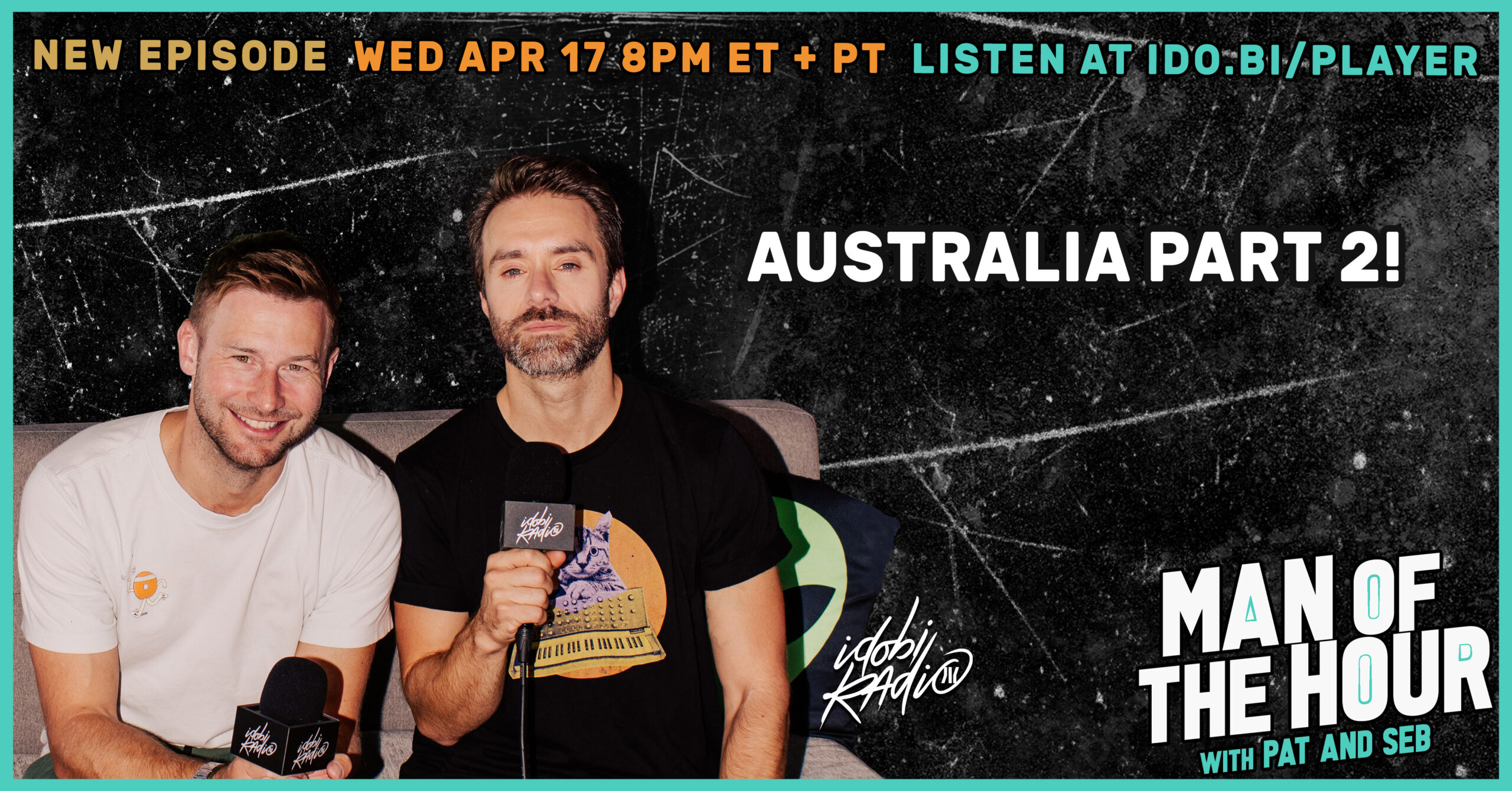If “DVD Jon” Lech Johansen, creator of the DeCSS DVD descrambling program, had been tried in a U.S. court instead of in Norway, he might have been found in violation of the Digital Millennium Copyright Act. But a bill reintroduced in the U.S. Congress would allow consumers to defeat anticopying measures on digital content in some cases.
The Digital Media Consumer Rights Acts, reintroduced Tuesday by Representative Rick Boucher, a Virginia Democrat, and three other lawmakers, would trump the Digital Millennium Copyright Act’s anticircumvention provisions, allowing consumers to break copy controls in order to do such things as make personal copies of songs or movies from discs they already own. If the consumer’s action has a substantial legitimate use, it falls under the fair use rights protected in the Boucher bill, instead of constituting a copyright violation, Boucher said.
Legal Backing
So in the case of Johansen-who was acquitted by a Norwegian court this week of charges of copyright violation stemming from his creation and use of DeCSS (also known as De-Content Scramble System)-the bill would have protected him if he were a U.S. resident because he was using the program to play DVDs on his Linux computer.
The bill would also likely protect a U.S. version of Johansen who posted DeCSS on a Web site, Boucher said, though that case could be subject to some court interpretation. In addition, Boucher’s bill would protect companies such as Russian software maker ElcomSoft, which in December was found not guilty of violating the DMCA. ElcomSoft markets a program that disables the security settings on Adobe Systems’ e-book files. In both of those instances, Boucher said, the software has a legitimate use; the ElcomSoft software can be used to copy and back up e-books.
Another provision of the bill would require copy-protected CDs to be labeled.
Strong Support?
Boucher and cosponsor John Doolittle, a California Republican, introduced a similar bill at the end of the last congressional session to start debate on the issue. Though there was insufficient time to take action on the bill then, Boucher said he believes that the bill has a good chance to win passage in the House. The sponsors have lined up more than 15 groups to support the bill, including Intel, Verizon Communications, Sun Microsystems, the Electronic Frontier Foundation, and the American Library Association.
“I think justice is on our side, and there’s a growing number of people in this country who want to use digital media in a way that’s convenient,” Boucher said.
The bill is likely to run into opposition, however. The Business Software Alliance, representing several large software companies, issued a statement Wednesday saying that its members are concerned that “broad exemptions” to the DMCA would make it harder for software companies to counter software piracy.
Cautious Optimism
Washington privacy and First Amendment lawyer John T. Mitchell welcomed the bill. “It seems clear to me that Congress never intended for the DMCA to be used by major copyright-holding companies to prevent people from making perfectly lawful, noninfringing uses of copyrighted works, nor to empower them to charge people for accessing their own lawful copies,” said Mitchell, who has worked with bill supporter Public Knowledge.
Mitchell was more cautious than Boucher about the bill’s chances of becoming law, however; and though he called the bill “attractive for its simplicity,” he said that more action is needed to keep major copyright-holding companies from monopolizing the content marketplace.





























